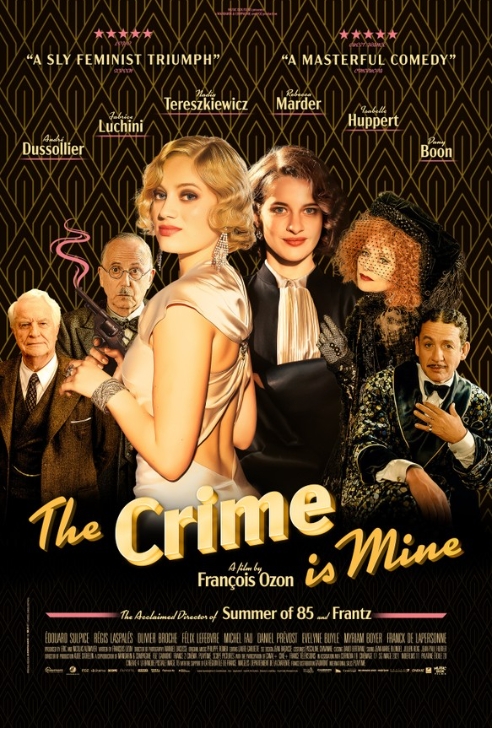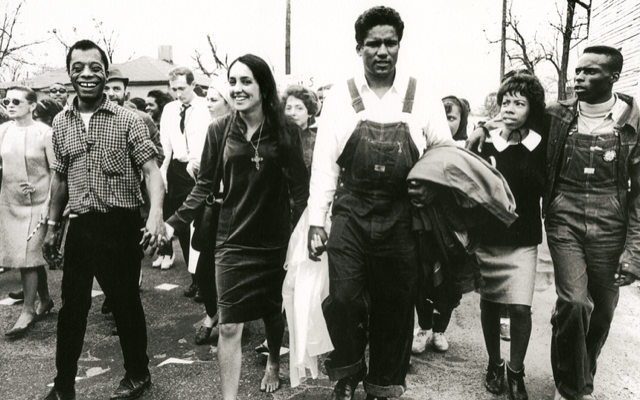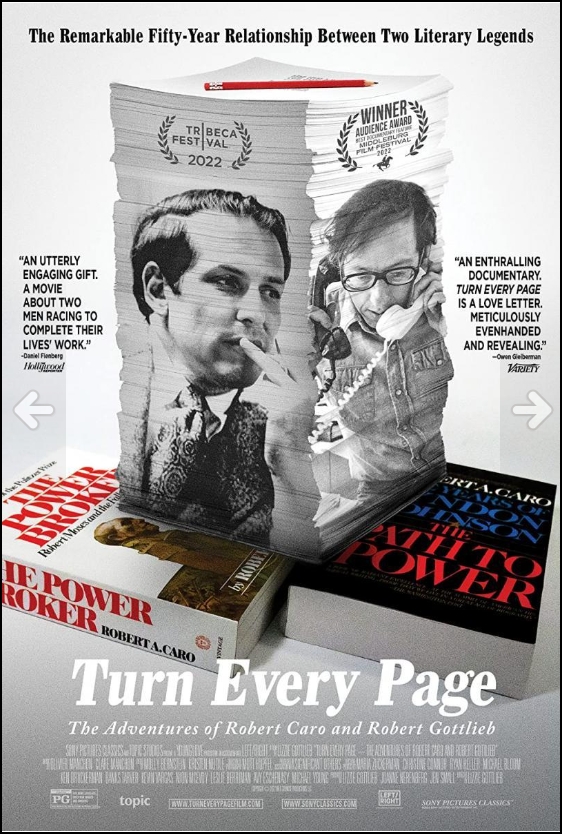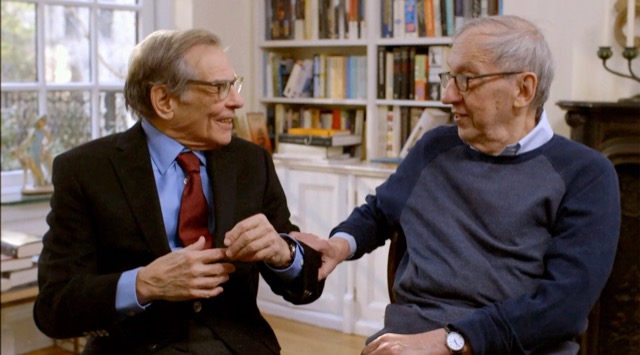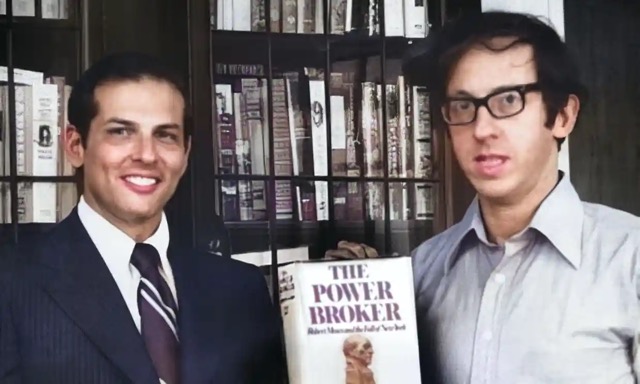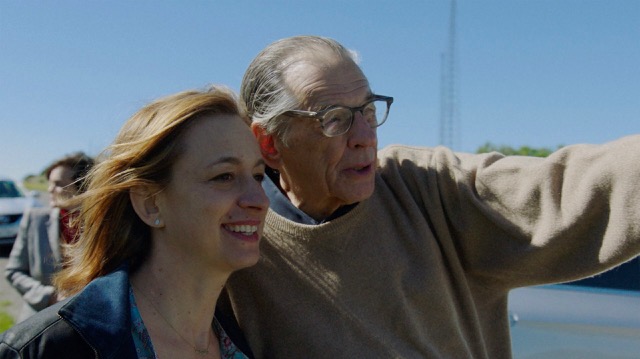By Woody Weingarten
Screwball comedies satirizing traditional love stories peaked in the early 1940s — after having begun to gain popularity during the Great Depression.
New examples of that romantic comedy sub-genre would manage to pop up every few years thereafter, but they’d usually fail to be as funny or polished as those of yesteryear.
But now comes The Crime Is Mine, a French-language satire (with subtitles, of course) that stands up with the best of them. The one-hour, 42-minute film time-warps back to 1930s Paris and provides a Duisenberg-speed storyline that repeatedly twists and turns as it focuses on a sexy, penniless actress who figures she can become famous by confessing to a murder she didn’t commit.
… “The Crime Is Mine” ain’t subtle, but delightfully tasty it is …
Scheduled for release on Christmas Day by Music Box Films, the flick lays onto the marvelous comedy, an equally marvelous carving up of feminism, the class system, show biz antics, and courtroom machinations.
In the final analysis, though, within weeks after watching the movie, you’re likely not only to have forgotten slices of the plotline but exactly who is who, especially when it comes to lesser characters such as the judge, the prosecutor, the police inspector, and a boyfriend (even though all are amusing) and exactly what who said to whom.
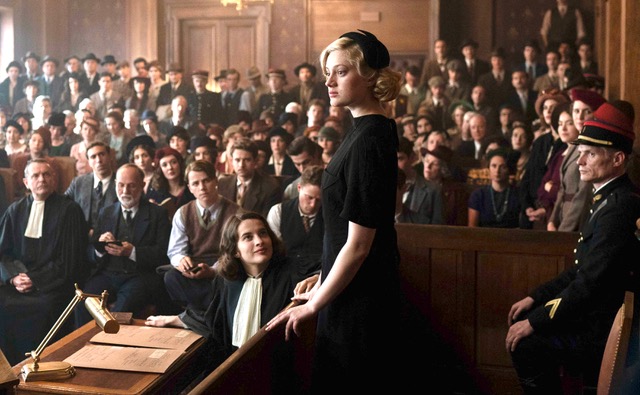
Nadia Tereskiewicz merrily plays blonde bombshell Madeleine Verdier, a talent-less wannabe who desperately craves stardom and her close-up. She’s aided in her quest for fame by her brunette BFF and starving garret roomie, Pauline Mauléon (played by Rebecca Marder), a young lawyer with no other clients who launches a campaign based on the notion of self-defense against sexual assault.
Supporting their skillful acting chops is Isabelle Huppert, a French icon who, while chomping on the scenery, portrays silent film star Odette Chaumette, the real killer turned blackmailer.
All the main characters, each of whom is self-serving, mug a lot (except the murdered producer) — and every now and then, Madeleine’s combined flightiness and earthiness may remind a filmgoer of Renee Zellweger playing Roxie Hart in Chicago.
… Rotten Tomatoes gave it a 100% rating …
François Ozon’s direction of this adaptation of a 1934 stage play is almost as perfect. Rotten Tomatoes gave it a 100% rating with 22 credits so far.

With humor ranging from dry to frivolously farce-like, it’s virtually impossible not to like the film—whether or not you can relate to kooky but intelligent women who easily outmaneuver the men in their lives.
The Crime Is Mine ain’t subtle, but delightfully tasty it is — a cinematic soufflé that never falls.
-30-
 ASR Senior Contributor Woody Weingarten has decades of experience writing arts and entertainment reviews and features. A member of the San Francisco Bay Area Theatre Critics Circle, he is the author of three books, The Roving I; Grampy and His Fairyzona Playmates; and Rollercoaster: How a Man Can Survive His Partner’s Breast Cancer. Contact: [email protected] or https://woodyweingarten.com or http://www.vitalitypress.com/
ASR Senior Contributor Woody Weingarten has decades of experience writing arts and entertainment reviews and features. A member of the San Francisco Bay Area Theatre Critics Circle, he is the author of three books, The Roving I; Grampy and His Fairyzona Playmates; and Rollercoaster: How a Man Can Survive His Partner’s Breast Cancer. Contact: [email protected] or https://woodyweingarten.com or http://www.vitalitypress.com/
| Production | The Crime is Mine |
| Directed by | François Ozon |
| Run Dates | Opens December 25, 2023 |
| Venues | TBA |
| Reviewer Score | Max in each category is 5//5 |
| Overall | 4.25/5 |
| Performance | 4.25/5 |
| Script | 4/5 |
| Pick? | YES! |

